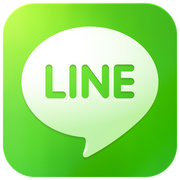
My favourite app for iPhone is called LINE. It is a social networking tool to communicate with friends and people in and out users' contact lists, which is similar to Whatsapp, Viber and Facebook. Why do I like this application the most? Because of stickers that it is provided and I believe have this is a huge impact that make the app becomes popular around the world, especially in Asia.
First of all, LINE was originally launched by NHN Japan on 23 June 2011. The reason behind this is that after an earthquake in Japan, people were "kept in the dark", it was inconvenient to communicate with others because the communication system was substantially damaged. Therefore, the NHN Japan group decided to create a means that is effective and allows Japanese people to be able to update their lives with friends or their loved ones. The name is of the app was from the incident that people lining up outside to use public phones. Afterwards, LINE has been massively improved such as users can use on both Smartphone (iOS, Android, Windows, and BlackBerry), and desktop computers. Therefore, it can be seen that the purpose of app is to provide convenient worldwide communication around the world as in a modern society today, this aspect is very important, for instance, this type of social networking tool helps solving the issue of distance when a child goes to study abroad, away from his parents. He can update them about his life/condition everyday, even in an emergency time. Moreover, recently, the app has launched many mobile games for free to users, which can be assume that the developers, NHN Japan wants to climb the entertainment market as well. Those games are called Line Pop, which is similar to Bejewels and Hidden Catch, finding differences in pictures. Personally, those games are very addicted. It is like your dial routine that you have to play every single day and this also happens to my friends too. It can be concluded that LINE not only provide handy communication, but also pleasure to the consumers.
Speaking about success, the messaging app seems to be significantly succeeded. There have been over 70 million users since it first launched in June of 2011. That is a pretty impressive milestone for Japan’s chat/voice application Line after such a short time. What is even more impressive is that its initial success at home has been successfully translated to markets abroad, with more than half of its users (about 37.4 million) coming from overseas. As of January 18, 2013, it reached 100 million users worldwide, and reportedly gaining about 400 thousands users daily. This numbers is increasing everyday. Regarding numbers of turnovers, there is no evidence shown, which leads to a presumption that the figure may be very small. However, many apps are competing to LINE at the moment such as Whatsapp, Viber, Facebook, and Skype. The only downside of it compares to Skype is that LINE do not have a function of video call, but I think this is not a main point that will put the programme at a disadvantage.
The main feature incorporates in LINE is stickers, which look like the picture below on the left side. This is what I like the most because you can express your emotions or play with other users with cute/funny pictures. If I were able to redesign the app, I would add the programme of free video call like Skype or FaceTime on iPhone. This would target more consumers with different age groups and genders because LINE would be more useful in terms of communication, allow users to see each other and feel like they are experiencing activities together forgetting that they are apart from each other. For games, I would upgrade them to have achievement unlock, which would encourage people to play, competing with each other to achieve the most goals and get a goal medal at the end. A third feature would be capable of sending long video without limitations because currently, LINE restricts the length of a video to be around 8 minutes, which some groups users may want to send the videos longer than that and do not have to cut it into a several parts. Contact list should be linked with FaceBook so that it would be easier to connect with friends that you do not have their mobile phone number, opening further channel of communication. Lastly, the app would be better if it provides an effective programme of finding locations like a map. This would mean that LINE is everything that a modern world today need as it would contain all necessary tools within itself, inducing people to use. I am truly sorry that I could not find a video to demonstrate how LINE works. The picture on the right side is what it looks like when a user is chatting with another user.
Pictures:
http://livedoor.blogimg.jp/sgreport/imgs/9/b/9be1c873.png
http://cdn.thenextweb.com/wp-content/blogs.dir/1/files/2012/03/line-screenshots.jpg
http://descargarline.info/wp-content/uploads/2012/12/stickers-line.jpg
Information:
http://line.naver.jp/en/
http://en.wikipedia.org/wiki/LINE_(application)
http://www.techinasia.com/japanese-chat-app-line-passes-70m-users-translated-success-overseas/
First of all, LINE was originally launched by NHN Japan on 23 June 2011. The reason behind this is that after an earthquake in Japan, people were "kept in the dark", it was inconvenient to communicate with others because the communication system was substantially damaged. Therefore, the NHN Japan group decided to create a means that is effective and allows Japanese people to be able to update their lives with friends or their loved ones. The name is of the app was from the incident that people lining up outside to use public phones. Afterwards, LINE has been massively improved such as users can use on both Smartphone (iOS, Android, Windows, and BlackBerry), and desktop computers. Therefore, it can be seen that the purpose of app is to provide convenient worldwide communication around the world as in a modern society today, this aspect is very important, for instance, this type of social networking tool helps solving the issue of distance when a child goes to study abroad, away from his parents. He can update them about his life/condition everyday, even in an emergency time. Moreover, recently, the app has launched many mobile games for free to users, which can be assume that the developers, NHN Japan wants to climb the entertainment market as well. Those games are called Line Pop, which is similar to Bejewels and Hidden Catch, finding differences in pictures. Personally, those games are very addicted. It is like your dial routine that you have to play every single day and this also happens to my friends too. It can be concluded that LINE not only provide handy communication, but also pleasure to the consumers.
Speaking about success, the messaging app seems to be significantly succeeded. There have been over 70 million users since it first launched in June of 2011. That is a pretty impressive milestone for Japan’s chat/voice application Line after such a short time. What is even more impressive is that its initial success at home has been successfully translated to markets abroad, with more than half of its users (about 37.4 million) coming from overseas. As of January 18, 2013, it reached 100 million users worldwide, and reportedly gaining about 400 thousands users daily. This numbers is increasing everyday. Regarding numbers of turnovers, there is no evidence shown, which leads to a presumption that the figure may be very small. However, many apps are competing to LINE at the moment such as Whatsapp, Viber, Facebook, and Skype. The only downside of it compares to Skype is that LINE do not have a function of video call, but I think this is not a main point that will put the programme at a disadvantage.
The main feature incorporates in LINE is stickers, which look like the picture below on the left side. This is what I like the most because you can express your emotions or play with other users with cute/funny pictures. If I were able to redesign the app, I would add the programme of free video call like Skype or FaceTime on iPhone. This would target more consumers with different age groups and genders because LINE would be more useful in terms of communication, allow users to see each other and feel like they are experiencing activities together forgetting that they are apart from each other. For games, I would upgrade them to have achievement unlock, which would encourage people to play, competing with each other to achieve the most goals and get a goal medal at the end. A third feature would be capable of sending long video without limitations because currently, LINE restricts the length of a video to be around 8 minutes, which some groups users may want to send the videos longer than that and do not have to cut it into a several parts. Contact list should be linked with FaceBook so that it would be easier to connect with friends that you do not have their mobile phone number, opening further channel of communication. Lastly, the app would be better if it provides an effective programme of finding locations like a map. This would mean that LINE is everything that a modern world today need as it would contain all necessary tools within itself, inducing people to use. I am truly sorry that I could not find a video to demonstrate how LINE works. The picture on the right side is what it looks like when a user is chatting with another user.
Pictures:
http://livedoor.blogimg.jp/sgreport/imgs/9/b/9be1c873.png
http://cdn.thenextweb.com/wp-content/blogs.dir/1/files/2012/03/line-screenshots.jpg
http://descargarline.info/wp-content/uploads/2012/12/stickers-line.jpg
Information:
http://line.naver.jp/en/
http://en.wikipedia.org/wiki/LINE_(application)
http://www.techinasia.com/japanese-chat-app-line-passes-70m-users-translated-success-overseas/
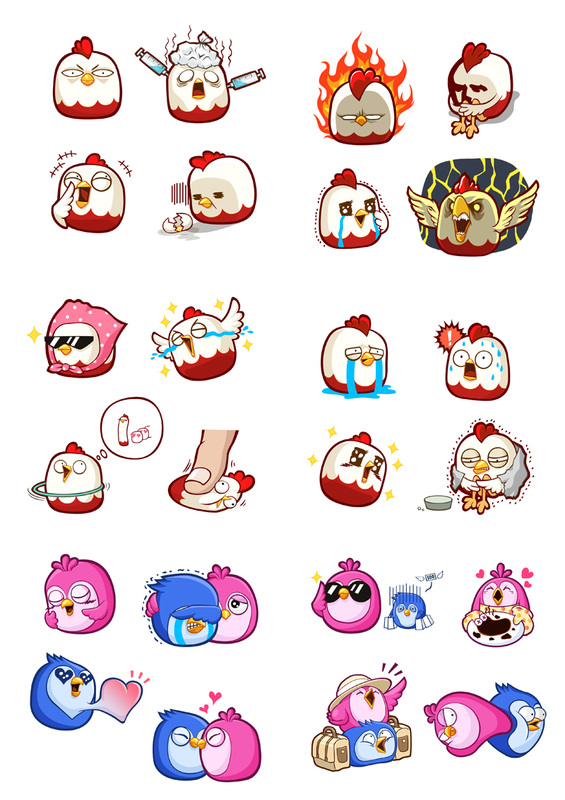
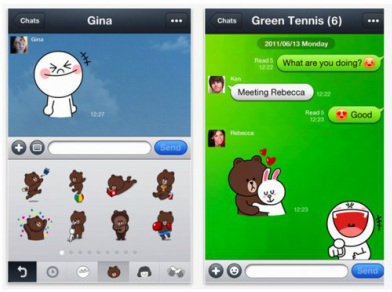
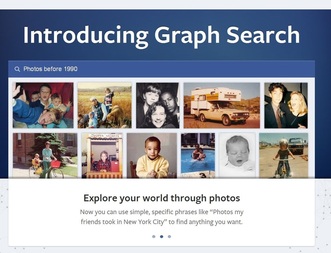
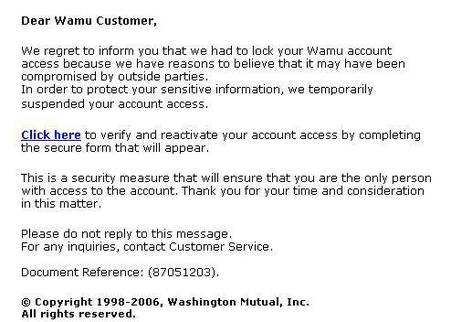

 RSS Feed
RSS Feed